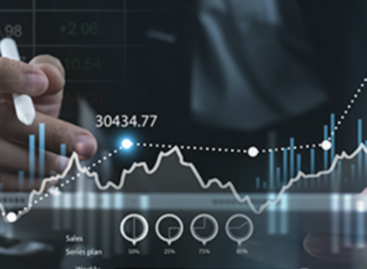The only way is up from here

Guest writer:
Balázs Kovács
commuications and marketing manager
Ipsos
A global survey by Ipsos – conducted in July 2022 – came to the conclusion that it is Hungarian consumers who are getting ready to face the biggest challenges. According to the company’s Global Consumer Confidence Index (this regularly audits 23 countries), Hungary has hit a 31.8-point nadir, which score was 8.6 points lower than in last February. This makes Hungary the last in the ranking.
However, there is cautious optimism as regards 2023: while the personal expectations of the world’s population worsened (one year ago 77% predicted improvement, but now only 65% do so), 69% of Hungarian have remained optimistic about 2023; this puts us in the top third of the 34-country ranking.
Ipsos has done a study called What Worries the World, and this revealed that consumers are now more afraid of the problems caused by climate change (16%) than of the coronavirus (11%). The Predictions 2023 study has found that 65% of the world’s population calculates with more and more extreme weather, and 57% think this summer will be the hottest ever. //
This article is available for reading in Trade magazin 2023.2-3.
Related news
KSH: in January, consumer prices exceeded the values of the same month of the previous year by an average of 2.1 percent
🎧 Hallgasd a cikket: Lejátszás Szünet Folytatás Leállítás Nyelv: Auto…
Read more >January inflation data paves the way for February interest rate cut
🎧 Hallgasd a cikket: Lejátszás Szünet Folytatás Leállítás Nyelv: Auto…
Read more >Related news
Change in Rossmann Hungary’s leadership: Kornél Németh decided to move towards new challenges in 2026
🎧 Hallgasd a cikket: Lejátszás Szünet Folytatás Leállítás Nyelv: Auto…
Read more >








